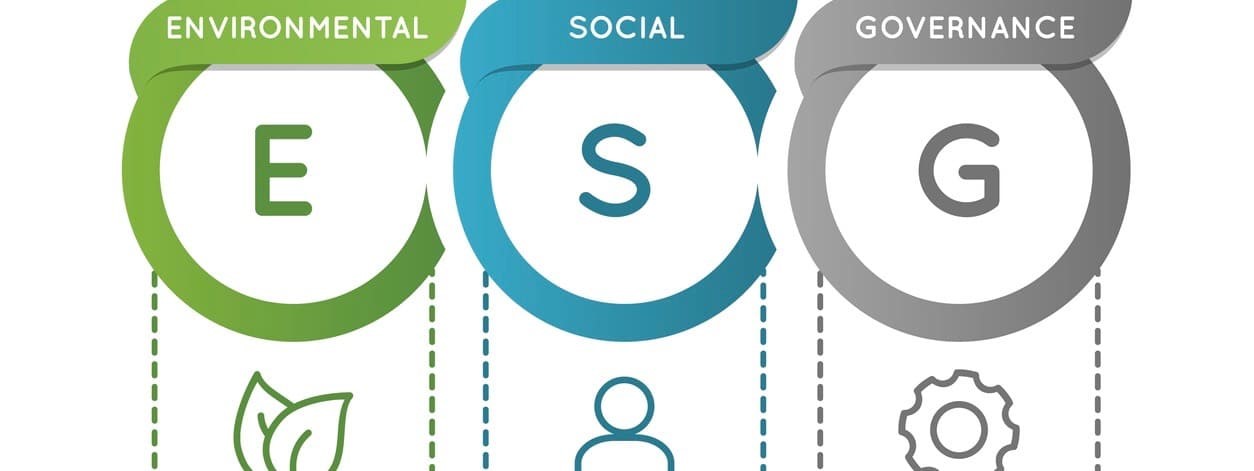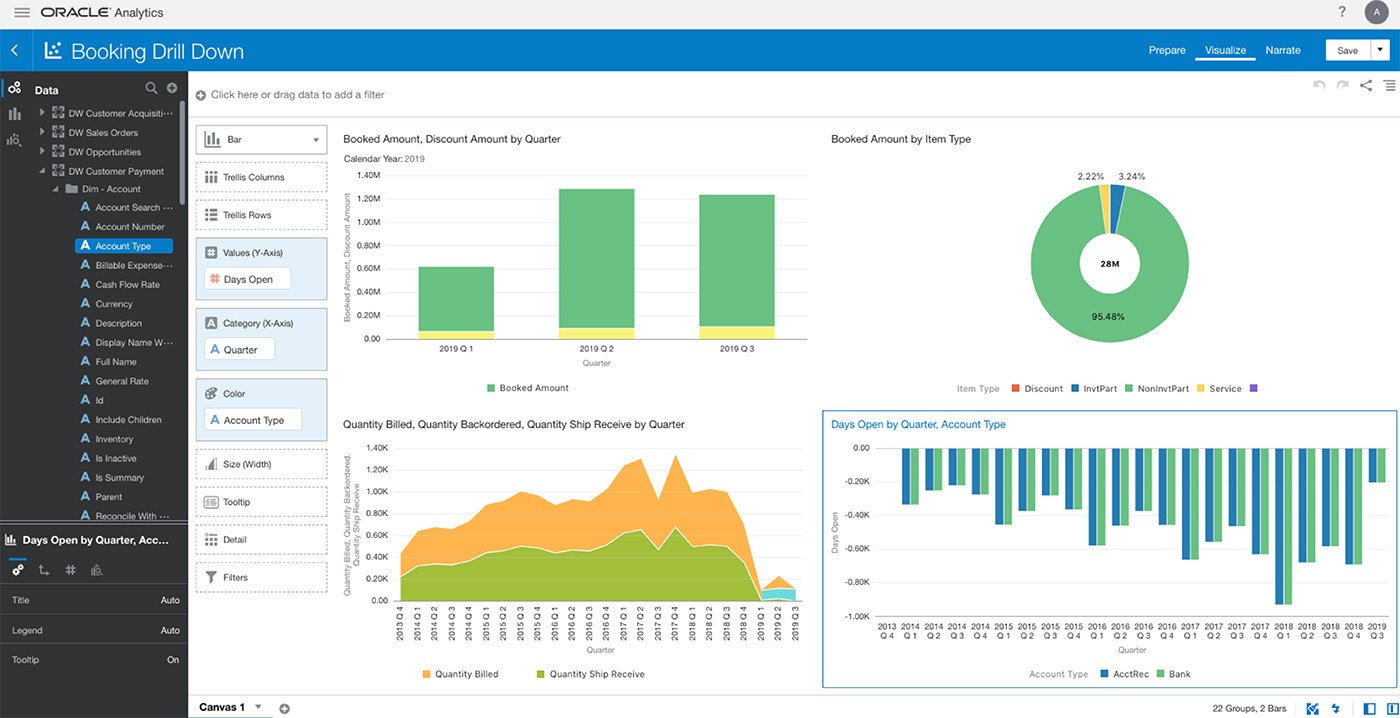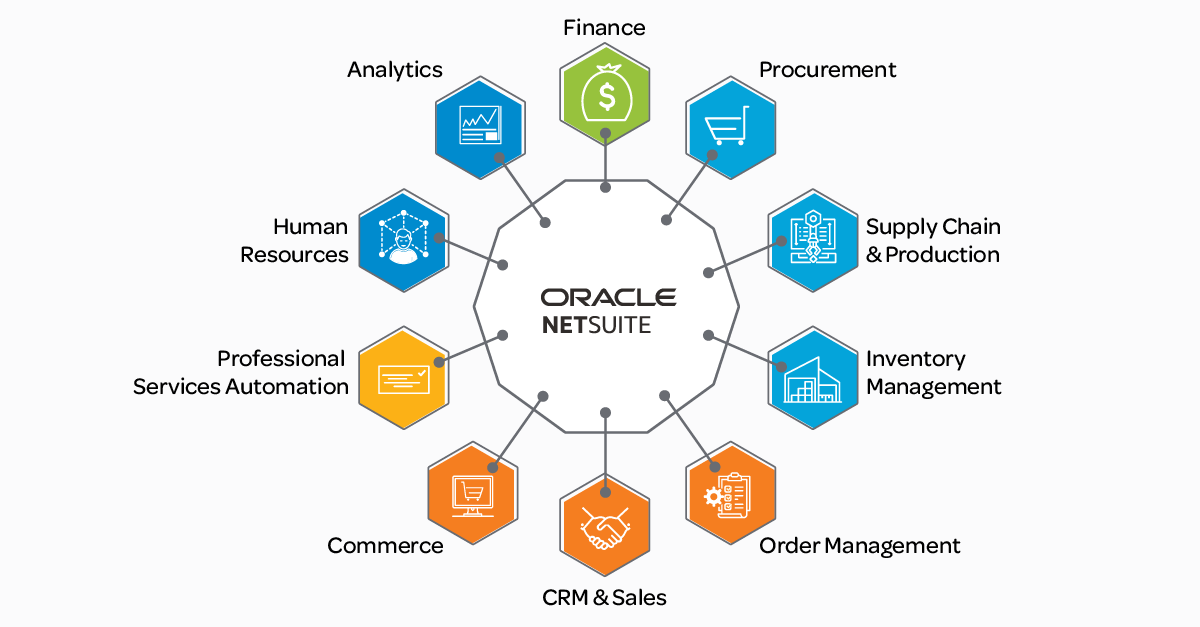The Introduction and Landscape of ESG
Let’s first examine the environment before delving into why ESG reporting is essential for small firms. A company’s success is gauged by its ESG reporting in three main areas:
Environmental: This factor focuses on how a corporation affects the environment. It takes into account things like resource conservation, waste management, energy efficiency, and carbon emissions.
Social: A company’s interactions with its workers, clients, communities, and suppliers are evaluated using social aspects.
It examines issues including working conditions, participation in the community, product safety, and diversity and inclusion.
Governance: Governance refers to the internal controls and systems that guide a company’s decision-making.
It addresses issues including executive compensation, board diversity, ethics, and openness.
These three elements are combined to provide a framework for evaluating a company’s ethical and societal impact.
The Business Case for Small Businesses
ESG reporting may initially appear to be a difficult endeavor, especially for small enterprises with little resources. But there are strong arguments for why it matters.
- Competitive Advantage: ESG reporting template can help small firms gain an advantage over their competition. Customers are actively looking for goods and services from firms that share their values in an increasingly mindful consumer market.
- Risk Mitigation: ESG reporting can assist in reducing the particular risks that small firms face.
For instance, businesses may lower their risk of regulatory fines and reputational harm by addressing environmental issues like pollution and resource depletion.
- Capital Access: When making investment selections, investors are increasingly taking ESG considerations into account.
If small enterprises can leverage ESG performance, they may find it simpler. Growth and innovation may be boosted up by this cash access.
- Employee Engagement: ESG reporting helps retain and motivate staff.
Employee retention is higher at companies that promote employee well-being, offer a welcoming and safe work environment, and have a beneficial impact on society.
Netsuite Power BI is a Powerful Solution for ESG Reporting
Now that we’ve discovered that why ESG reporting is important for small-size businesses, let’s check out how they can help streamlining the process.
Enter Netsuite Power BI, a dynamic combination that can revolutionize ESG reporting.
Netsuite: Streamlining Data Management
Enterprise Resource Planning (ERP) software called Netsuite, which is cloud-based, offers small businesses a complete platform for managing their finances, operations, and client connections.
Using Netsuite’s data management tools, small firms may effectively gather, arrange, and analyze ESG-related data.
It simplifies the procedure of monitoring various environmental metrics that include energy usage, trash production, and emissions.
When it comes to social considerations, it helps in the management of information on employee diversity, safety records, and involvement within the community.
In terms of governance, Netsuite assists in monitoring board diversity, executive salary, and ethical compliance.
Power BI: Transforming Data into Insights
However, data by itself is insufficient; what matters most are the insights that can be drawn from the data. Power BI can help in this situation.
Microsoft’s Power BI is a business analytics application that enables small firms to transform their ESG data into useful insights.
You may develop interactive dashboards and reports that graphically illustrate your ESG performance using Power BI.
For instance, you may create graphs that display the evolution of your company’s carbon emissions over time, making it simple to see trends and establish goals for reduction.
Heat maps are another tool you may use to see your social influence in various localities or areas.
The Integration of Netsuite Power BI for ESG Reporting
The real magic happens when you integrate Netsuite with Power BI for ESG reporting. Here’s how it can help in work process:
- Data collection: Netsuite collects information about ESG from a variety of sources inside your company.
- Data Transformation: Data that has already been entered into Netsuite can be changed into a format that is suitable for analysis.
- Data visualization: Using this data, Power BI creates dynamic, interactive representations.
- Performance Tracking: Small firms may monitor their ESG performance in real-time with Netsuite and Power BI.
- Continuous Improvement: With the use of actionable analytics, small firms may pinpoint their ESG performance’s weak points.
The combination of Netsuite and Power BI gives new opportunities for further advancement, such as lowering down carbon emissions, increasing workplace diversity, and better corporate governance.
Netsuite Power BI for ESG Reporting
Let’s look at how to get started now that we are aware of the significance of ESG reporting for small firms and the possible advantages of combining Netsuite with Power BI:
- Evaluate Your ESG Priorities: Start by deciding which ESG factors are most crucial for your business. This requires knowledge of your governmental system, social responsibilities, and environmental impact. Consider doing a materiality review to determine the most crucial issues.
- Install Netsuite: If you haven’t already, install Netsuite as your ERP system. Make sure it is configured properly to efficiently gather and manage ESG-related data. Netsuite offers a number of modules and customization options to fit your specific requirements.
- Data Collection and Integration: Collect information from reliable sources inside your company.
- Data Transformation: Utilize Netsuite’s ability to convert unprocessed data into an analysis-ready format.
- Power BI Integration: Link Power BI and Netsuite together. To make sure that your reports and dashboards always reflect the most recent ESG data, you can set up automated data refresh schedules.
- Create ESG Dashboards: Create personalized ESG dashboards in Power BI to see how you’re doing in terms of governance, social, and environmental performance.
- Performance Tracking: Frequently check the performance of your ESG using your Power BI dashboards.
- Continuous Improvement: Make use of the information your ESG reporting has provided. Identify the areas where your business could improve in order to meet ESG goals. After creating action plans, monitor your progress over time.
- Stakeholder Communication: Inform all relevant parties on your ESG performance, including clients, staff, investors, and regulators.
Transparent communication will definitely help promote reputation and trust. - Stay Informed: ESG reporting rules and specifications are constantly evolving. Keep up with changes to reporting standards, industry best practices, and fresh ESG trends to make sure your reporting remains relevant and in compliance.












Add Comment